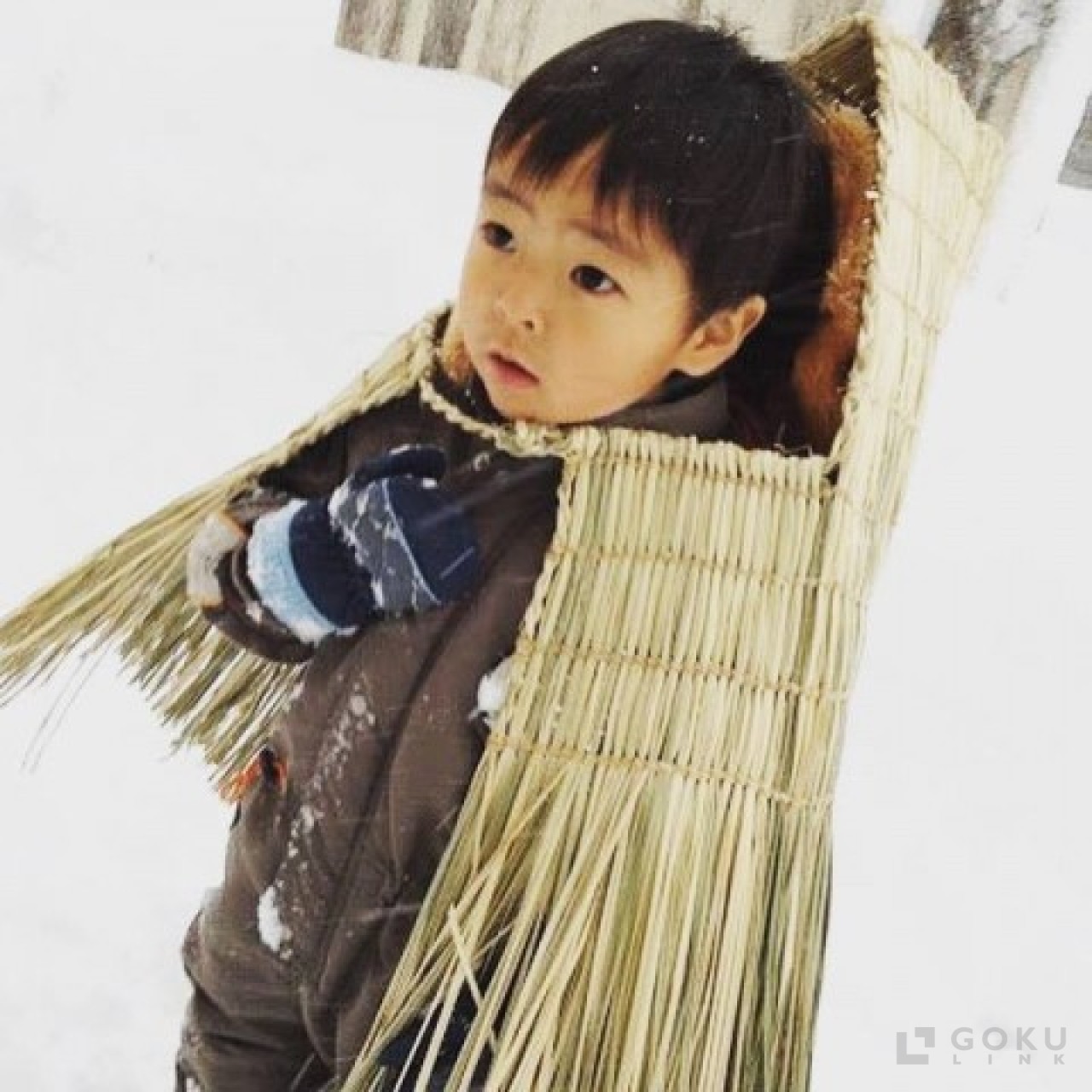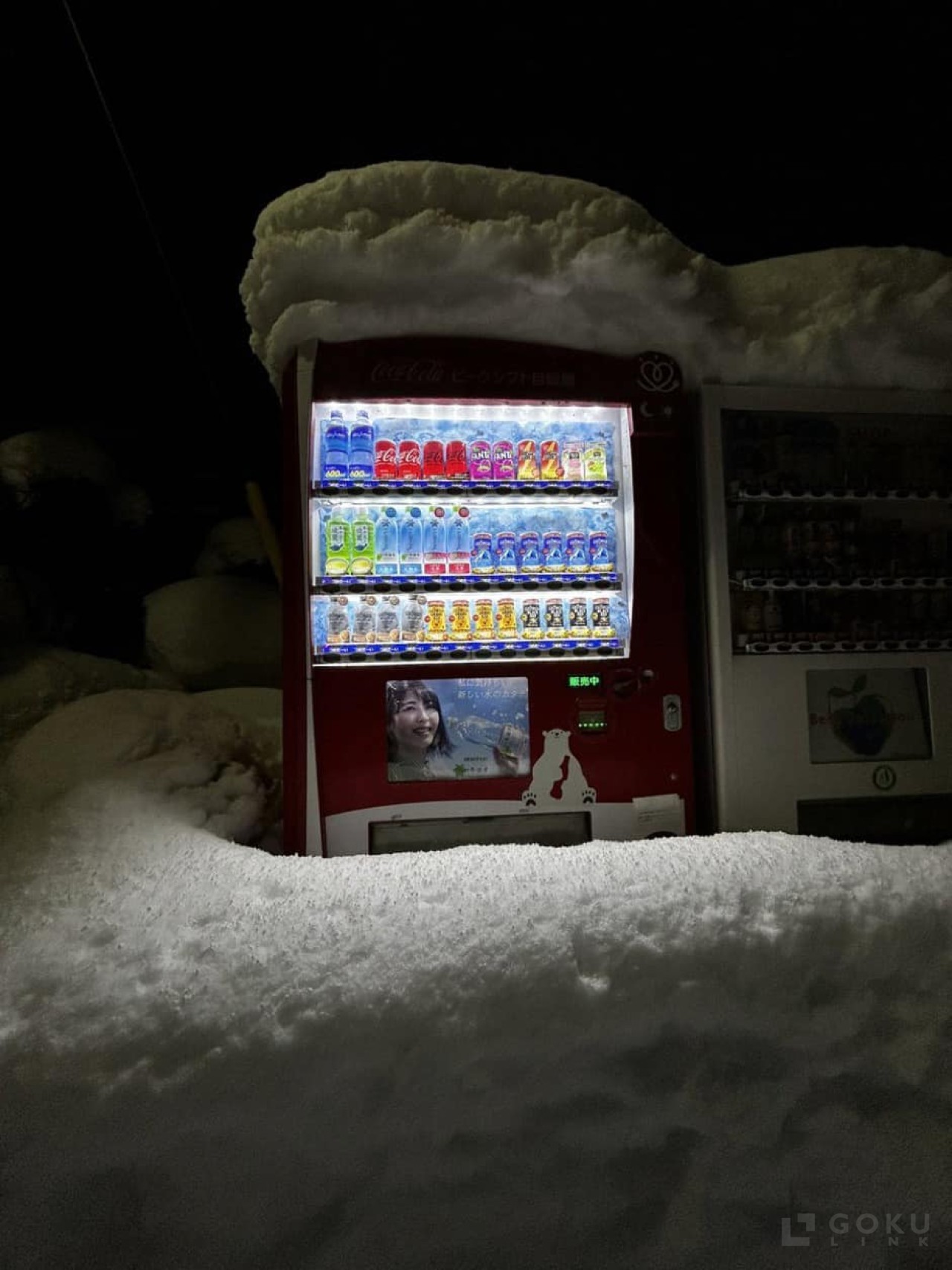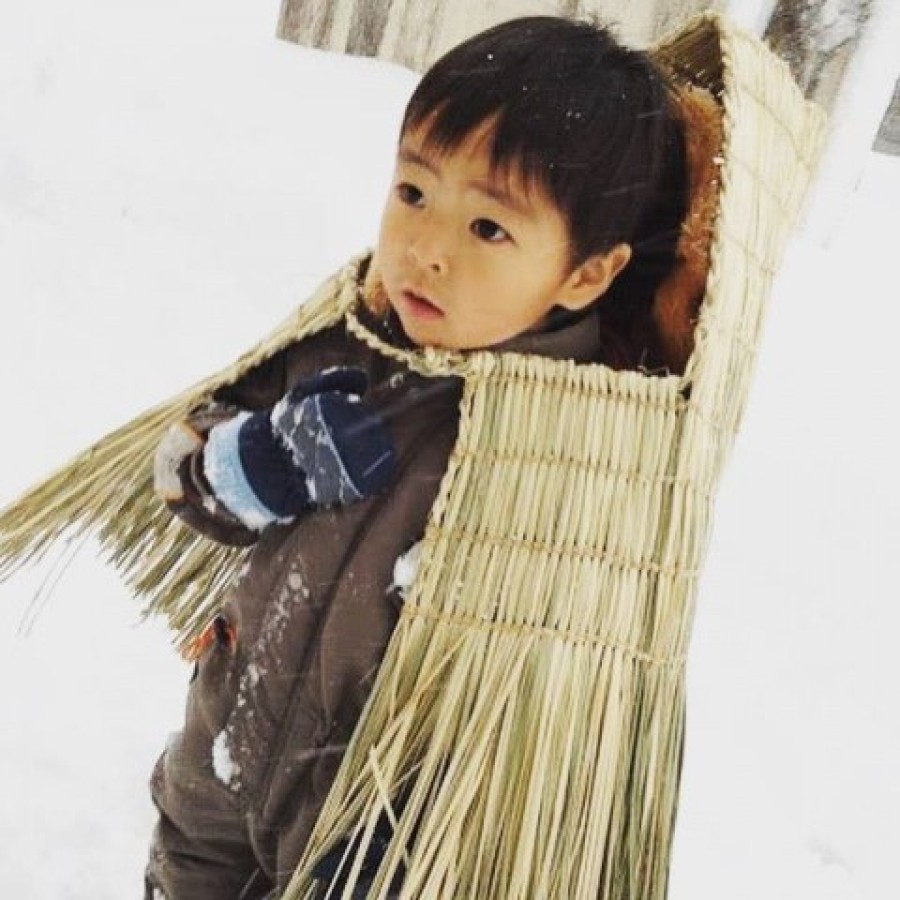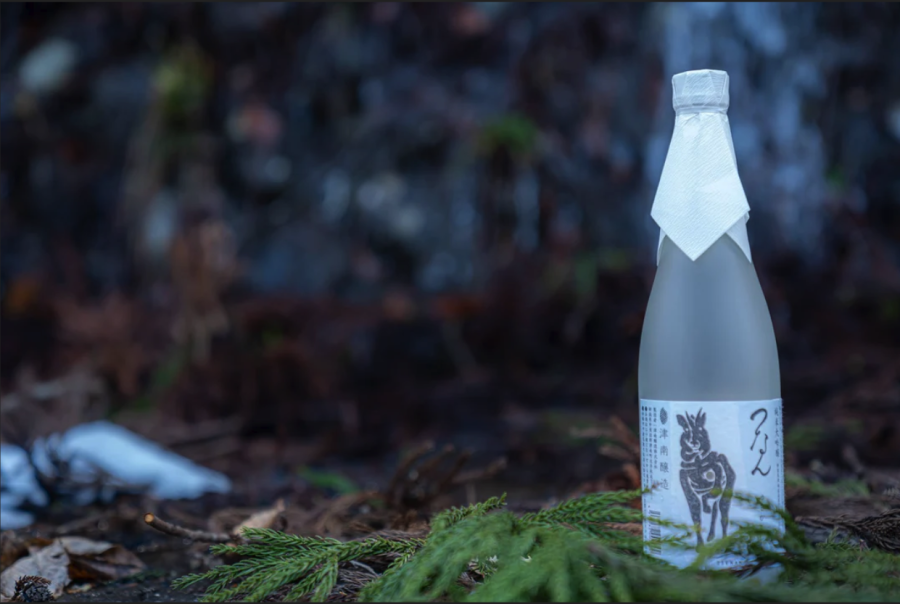
Nagaoka City, Niigata Prefecture, where I live, is famous for its deep snow area.
Living in a snow country is often difficult, but in order not to hate the snow, the benefits of living in a snow country are fully documented.
Some people would prefer not to live in an area where heavy snowfalls make life difficult every year, but records show that Niigata Prefecture had the largest population in Japan during the Meiji Era (1868-1912). Furthermore, many Jomon earthenware vessels have been excavated, which means that people have been living here for thousands of years.

[Benefits of snow, environmental section (i).
Snow acts as a dam, and even when precipitation is high, it does not flow all at once like a flood, but gradually converts snow into water and slowly moistens the satoyama.
... snow falls to the ground with the dust in the air, so the air is clear.
The water is filtered and flows through the earth, and the spring water becomes the water of life for the people who live in the area.
[Benefits of snow, environmental section (ii)].
...The quality of the food is much higher in spring and autumn because the soil is forced to rest in winter.
The stable, low temperatures in winter allowed micro-organisms to be controlled, so there was less damage from fire-affected bacteria in breweries, etc., and good sake was produced in an environment suitable for sake brewing.
[Benefits of snow, food culture section].
In winter, snow covers the soil and crops cannot be taken, so the wisdom of preserving crops was born.
As travelling on snow-covered roads was a deadly risk, a culture of treating winter guests to a feast so that they would not die was born.
By placing the food in snow chambers, where the snow is used to preserve the food, it was possible to enjoy the taste of maturity without being forced to do so.
[Benefits of snow, Living section].
The common difficulty of snow strengthens community bonds.
Instead of shoveling snow only for themselves, they help each other in the neighbourhood to shovel snow and make paths walkable for everyone.
→After helping each other, they exchange a drink of thanks and labour, saying "Thank you, you've done a great job".
→ Become Japan's largest sake consumption town.

Not only do they benefit from water and foodstuffs and the wisdom of fermentation and preservation, but they also nurture a community based on mutual help. Japan is a rare country in the world where it snows so much, regardless of latitude, and even within Japan, depending on the topography, the amount of snowfall can be completely different next to each other, so we have been living in a miraculously born snow country for many years.
It makes me very proud that our culture is growing as a town in that snow country.
Next time someone asks you, "Why do you live in a snow country?" I will answer like this.
'You should try living there once. It's messy and hard to live with, but you'll have the most wonderful everyday life."
FARM8 Ltd.
Representative director Atsushi Kabasawa
advertisement







